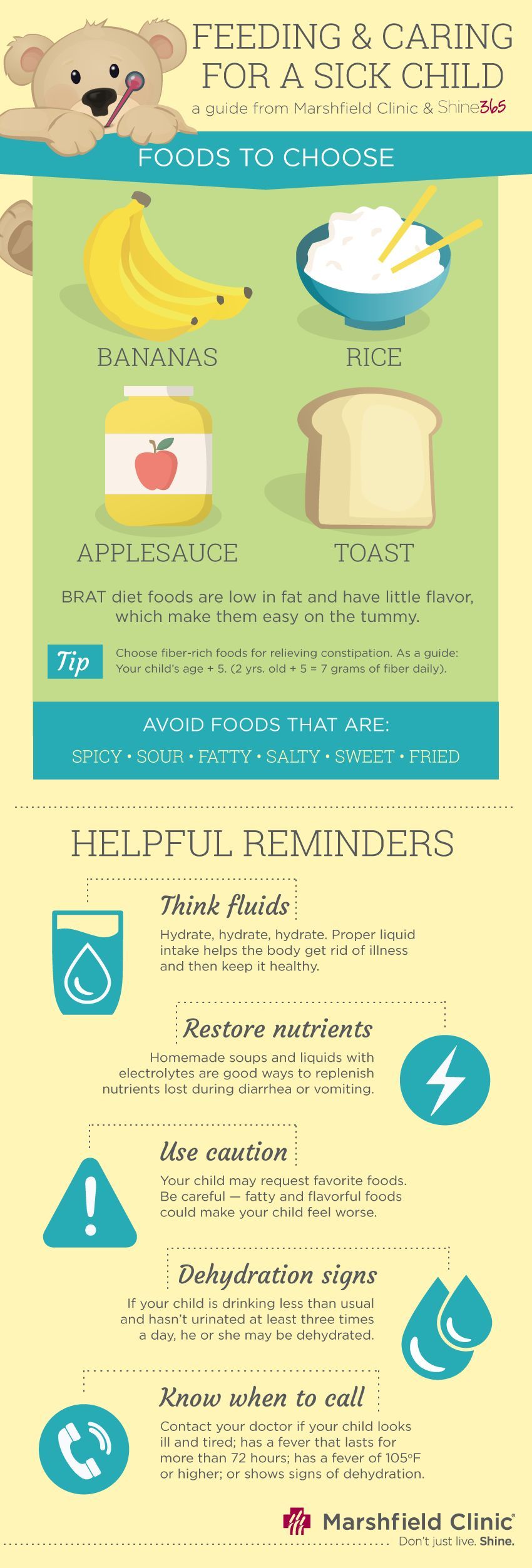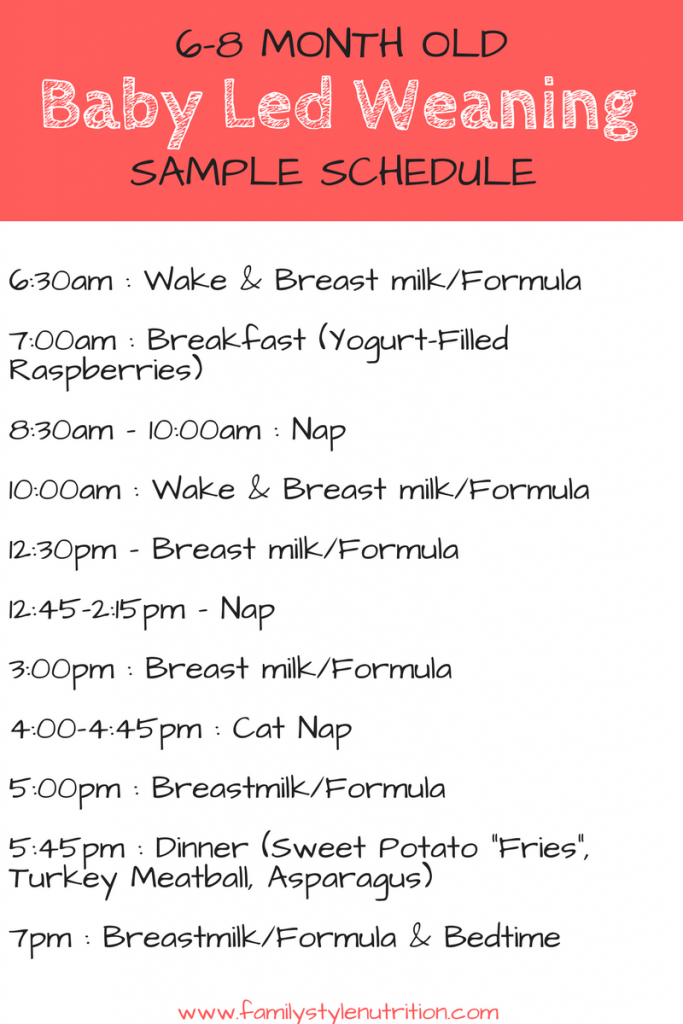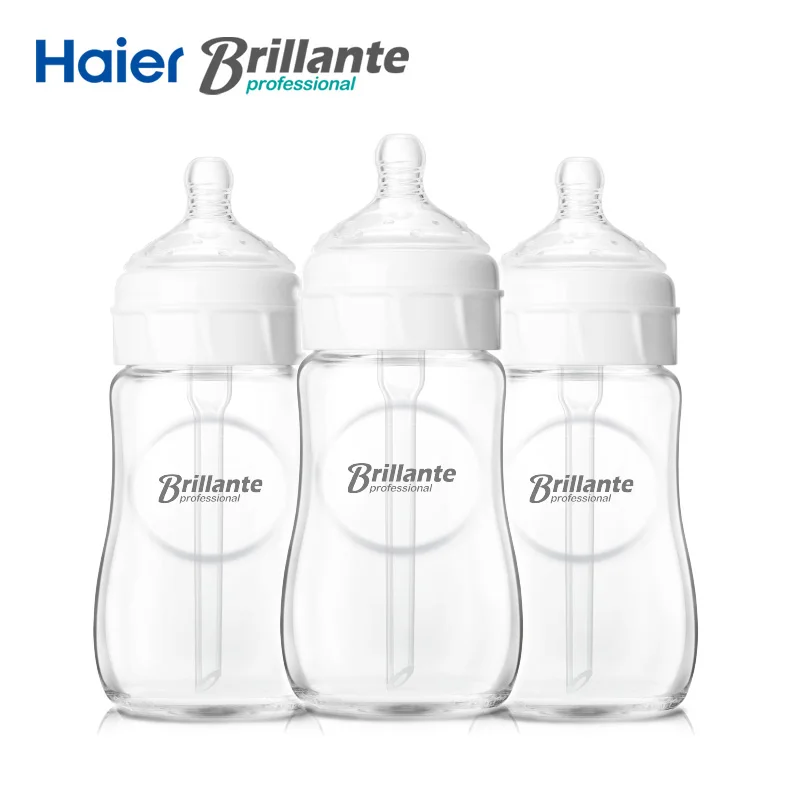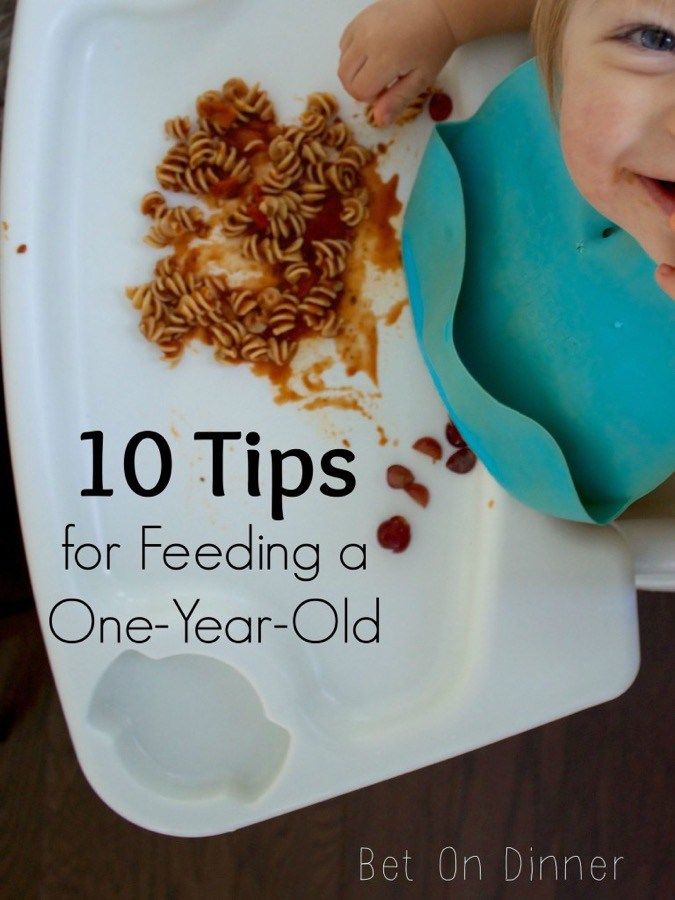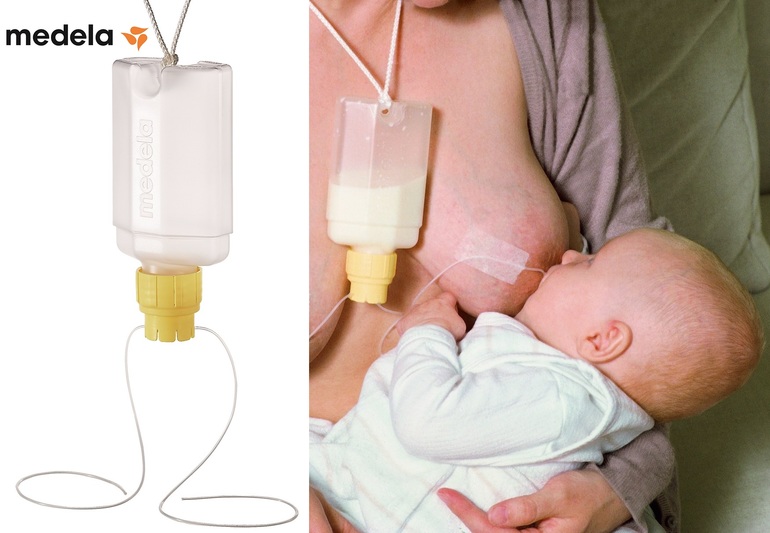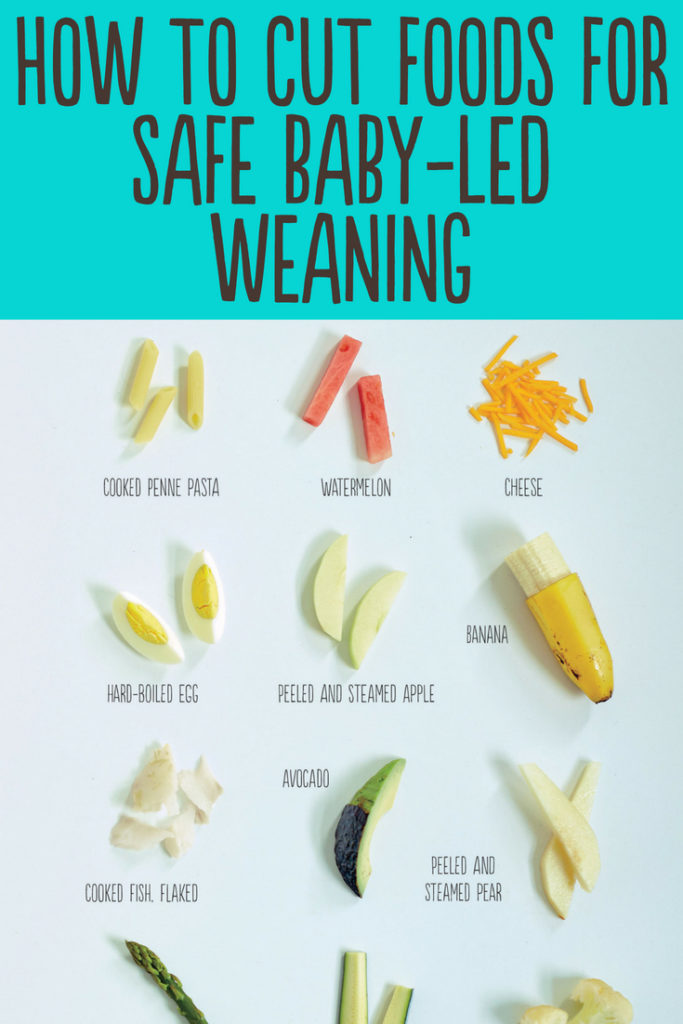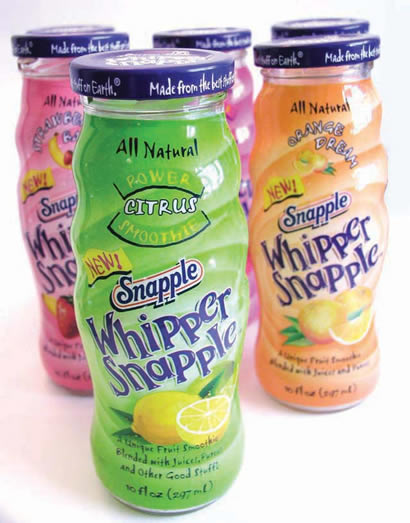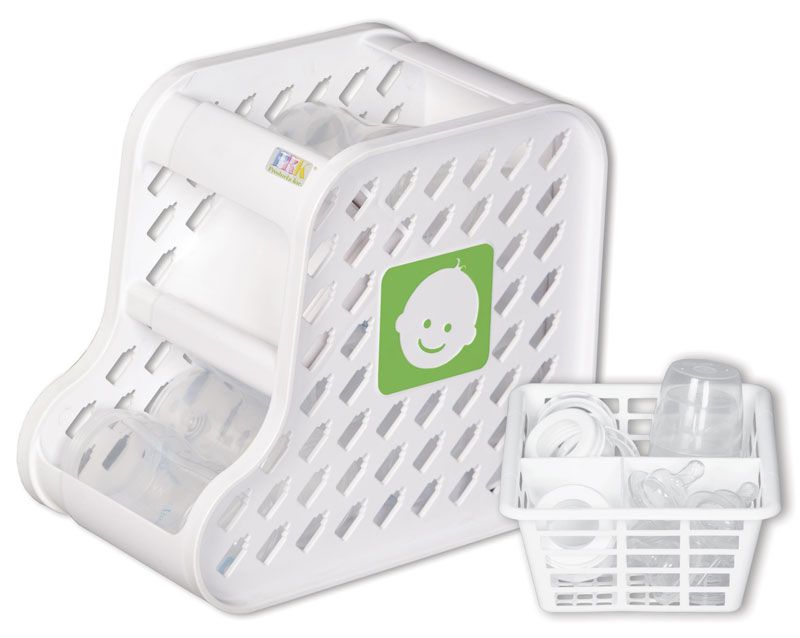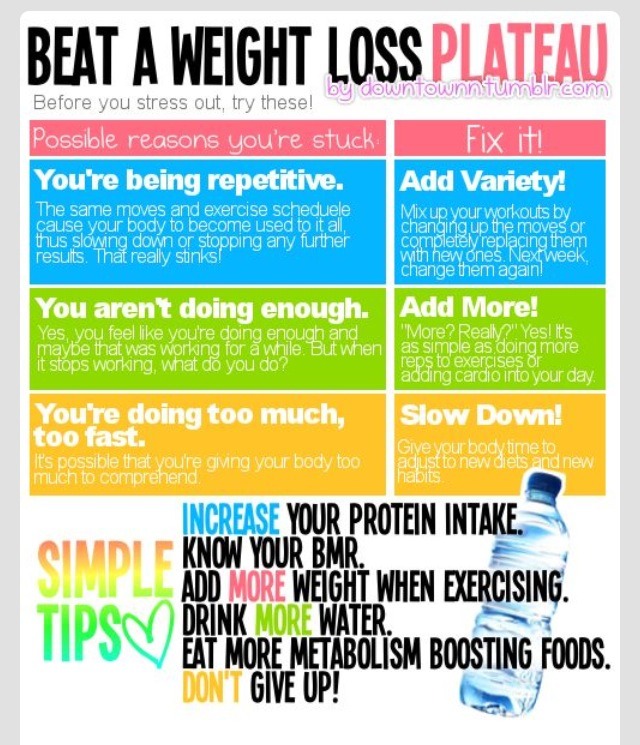Baby food when sick
Foods to Eat & Avoid during Cold and Cough for Babies and Kids
If your bundle of joy has a cold and cough, it must be really hard for you to see him suffer. Your child may have a poor appetite during this time and he may even refuse to eat. But not getting adequate nutrition can slow down his body’s natural response to fight infection. You must make sure that he eats the right food to get him immune system back on track. Read this article to find out which foods you can give (and avoid) to your child when he has a cold or cough.
Video : Foods to Eat or Avoid During Cold and Cough for Babies and Kids
Giving nutritious foods to a baby which can be digested easily by him would be the best option. Here are some foods you should include in your child’s diet if he has a cough or cold:
1. Breast Milk
If you have a newborn or a baby below six months of age, breast milk will be the only source of nutrition for him. Breast milk, being a good source of antibodies, can strengthen the immune system of a child. Check to see if your baby is congested before you start feeding your child, as congestion can prevent your infant from feeding adequately.
2. Barley Water
Suitable for infants who are at least six months old, barley water is a great remedy for fever, cold, and cough. However, it is not suitable for children with gluten allergy and caution must be exercised if a family member has such an allergy. This is because the allergy might have been passed on to your child and you could be still unaware of this fact.
3. Applesauce
Also known as stewed apples, these are easy-to-digest and can help a baby stay hydrated. They come in handy during a cough and cold as they replenish the body’s fluid supply.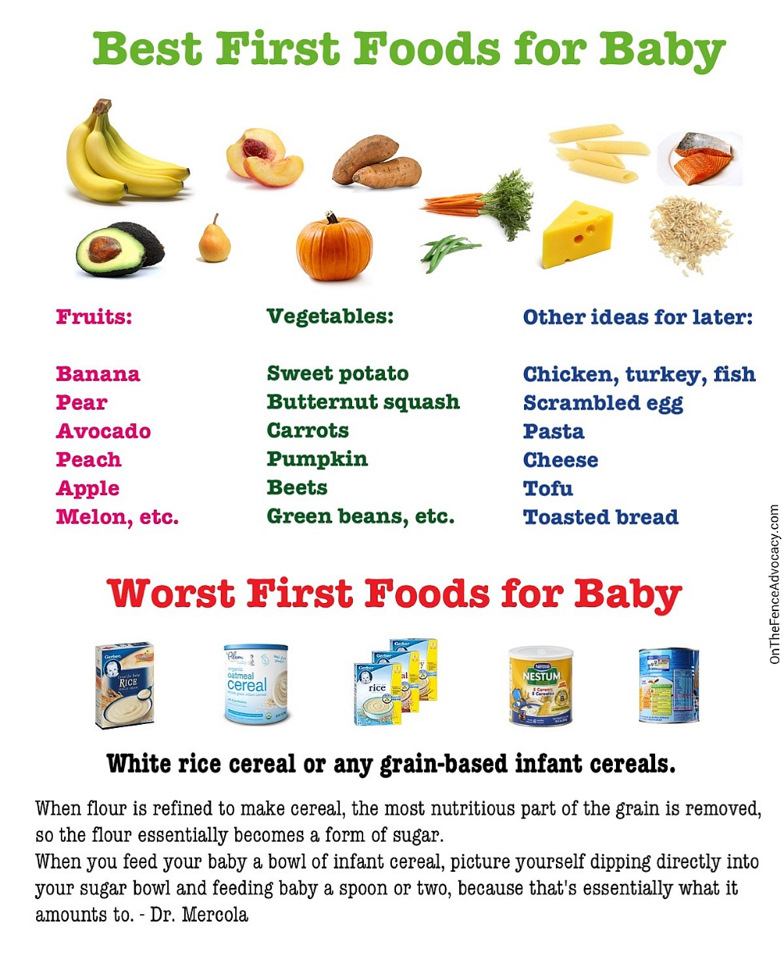
4. Rice Water or Gruel
Recommended for babies who are above six months of age, rice gruel is a soothing home remedy for a cough and cold. Rice water boosts the immunity of a child thereby helping him combat any infection.
5. Sweet Potatoes
Sweet potatoes are a rich source of nutrients and strengthen the immune system. They also help the body in producing white blood cells. Sweet potatoes can be consumed in the form of porridge or you can mash and puree them for your little one aged six months and above.
6. Carrots
Carrots have medicinal properties and eating carrots can enhance the immune system and keep away bacteria and viruses. You can steam and mash the carrots to give it to your baby. You can also puree them or make carrot soup. However, give it your baby only if he is above six months of age.
7. Pomegranate Juice
The antioxidants in pomegranate juice can help subdue your child’s cold. Make pomegranate juice and add a bit of pepper powder and dry ginger powder to it.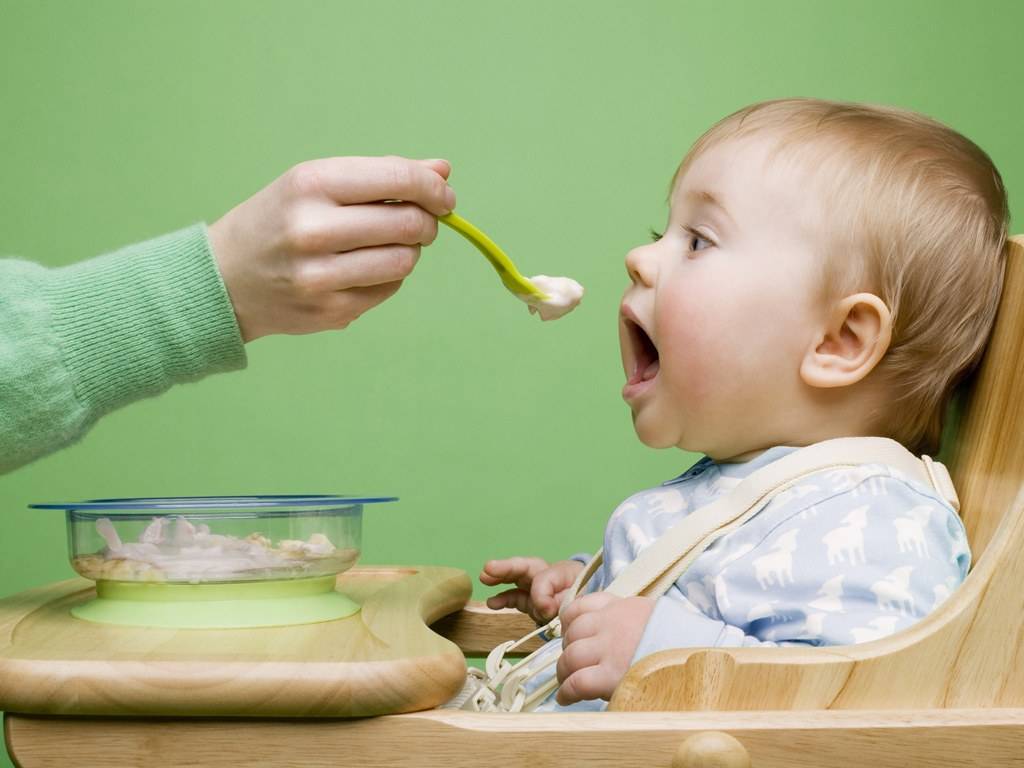 Give it to your baby if he is 6 months or older. This juice will help provide him relief from a cold and cough.
Give it to your baby if he is 6 months or older. This juice will help provide him relief from a cold and cough.
8. Moong Dal Porridge
Moong dal porridge is a wholesome and filling food for babies suffering from cold. It can be given during lunch or dinner. Suitable for children seven months and older, it is a soothing dish that you little one will enjoy.
9. Curd Rice
If your child is over eight months of age, you can feed him curd rice with a little seasoning of ginger and cumin seeds any time he is unwell. If your child has a cough or a cold, ensure that the curd you serve him is at room temperature and not too cold or sour.
10. Idli and Dosa
Steamed idli and dosa make great comfort food and can be given to kids when they are unwell and don’t feel like eating. You can give idli or dosa at any time of the day to your child if he is eight months or older. You can also offer chutney or some homemade jam as a dip.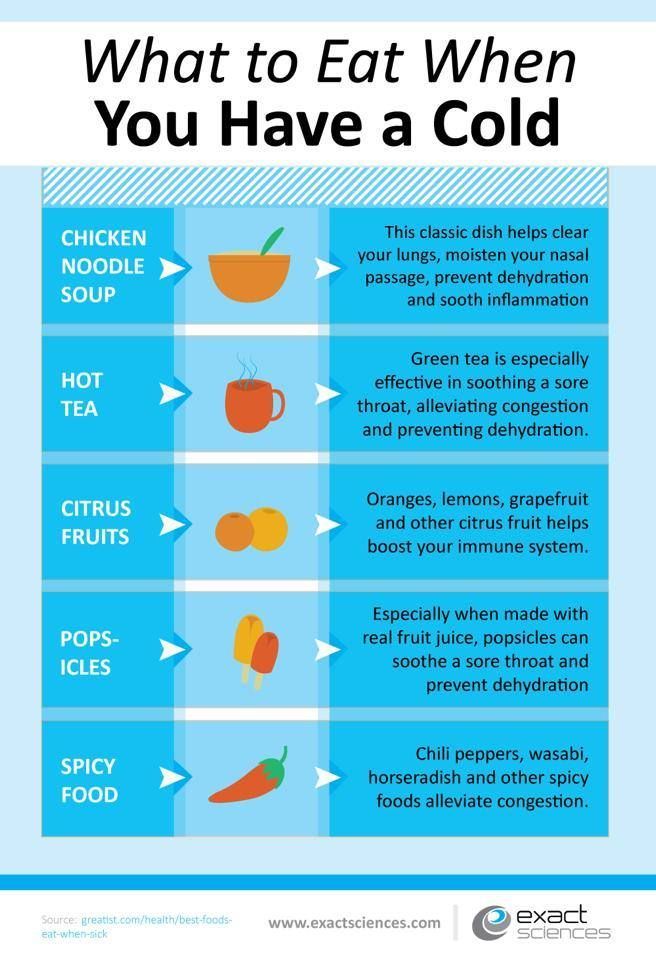
11. Sabudana Porridge
Sabudana is also known as sago; it is a good source of starch and can give your child a dose of energy. As it easy to digest, it is a preferred choice for children when they are sick. You can make sabudana porridge, serve it with vegetables, or you can simply give the water. It is good for babies aged seven months or older.
12. Broccoli
Rich in antioxidants, broccoli is a good pick for combating infections. It energizes the body’s immune system and is suitable for children over eight months of age. You can make broccoli soup or puree for your little one. He will soon feel better.
13. Tomato Soup
Almost all of us like tomato soup; it is tasty and healthy. And the good thing is that it can be even given to children older than eight months of age. It constitutes a healthy dose of Vitamin C – you can mix some mashed rice in it before offering it to your baby.
14. Mashed Potatoes
Mashed potatoes taste delicious and can be quite filling for a baby.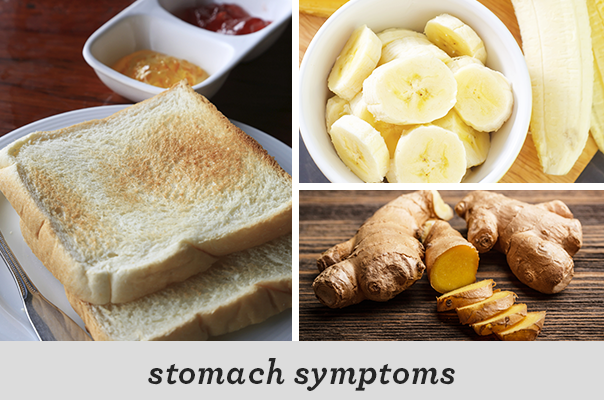 Made from boiled potatoes, they usually appeal to children of all ages and can be introduced from eight months onwards.
Made from boiled potatoes, they usually appeal to children of all ages and can be introduced from eight months onwards.
15. Dalia
Being soft food, it can be swallowed easily, especially if a child has a throat irritation or pain. It can be made without milk to speed up the digestion process when a baby is sick. Dalia can be given to babies who are eight months and older.
16. Citrus Fruits
Drinking orange juice or lemon juice can help prevent cell damage while easing congestion and thinning out mucus. Make the juice with lukewarm water and add a dash of honey. It is generally recommended for children who are one year or above.
17. Turmeric Milk
A little turmeric powder mixed in warm milk with a dash of pepper acts as a natural antibiotic and can cure a cold as well as throat infection in babies who are one year or above.
18. Mushroom Soup
The health benefits of mushrooms are plenty, and their ability to keep infections away is well known. You can give warm mushroom soup to your baby; it is great comfort food for toddlers with a cold and cough. It is usually given to children who have attained the age of one.
You can give warm mushroom soup to your baby; it is great comfort food for toddlers with a cold and cough. It is usually given to children who have attained the age of one.
19. Poha or Beaten Rice
It is soft and can be chewed by babies easily. Poha is also easy-to-digest and makes for a filling meal, especially for a child who is unwell. You can give poha to your child if he is 1 year or older.
20. Tulsi Water
Tulsi or Indian basil can provide relief from a cold and cough. Boil a few leaves of tulsi in half a litre of water for about 5 minutes. Strain and give it to your child. You can give it to babies above 6 months of age.
21. Garlic Lentil Soup
Just like rice water, dal ka pani is good for babies. But if your baby is suffering from a cold and cough, you can give him garlic and lentil soup. Garlic has antiviral properties and can boost the immune system. Its antiviral properties can prevent infections as well as speed up the healing process.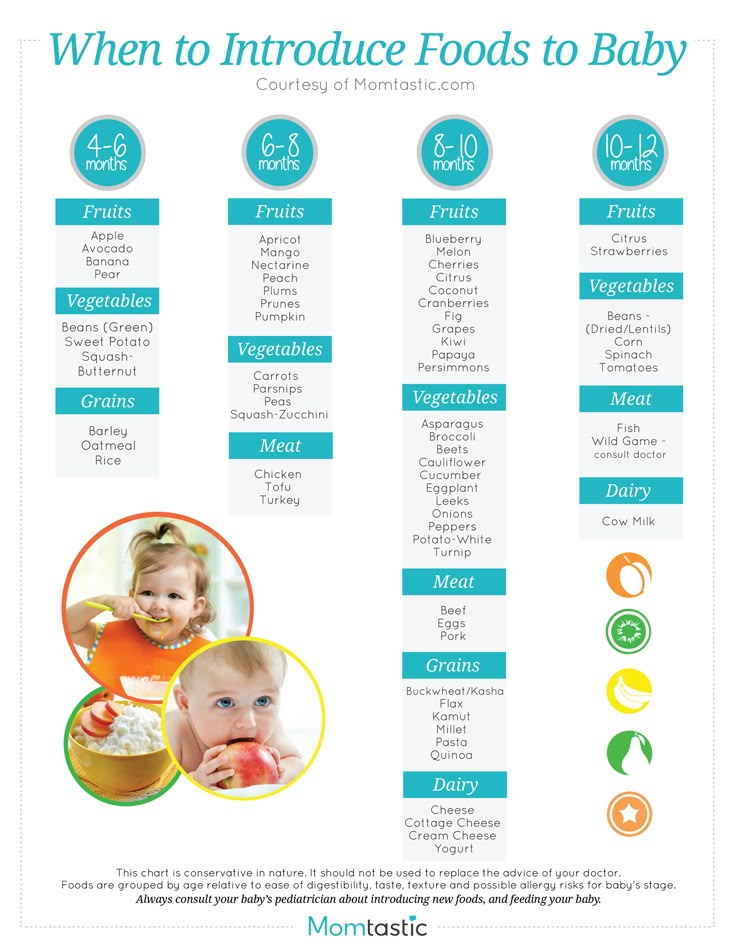
22. Ajwain Water
Giving ajwain water can also provide relief from cough and can clear chest congestion. Boil a tablespoon of carom seeds in water for some time. Let it cool then strain the liquid, then give it to your baby at regular intervals.
Foods to Avoid During Cold and Cough
There are certain foods that you should avoid including in your child’s diet if he has a cold and cough. This is because some fruits and vegetables are likely to have a cooling effect and can lead to respiratory infections. These include:
1. Refined Sugar and Sweets
Too much sugar is not good for anyone, especially for babies and toddlers. Hence, sugar and sweets laden with sugar should not be given to a child when he has a cold or cough.
2. Dry Fruits and Nuts
Your child may find it hard to chew or swallow dry fruits and nuts if he has a cold or cough. There is also a risk of pieces getting stuck in his throat if he coughs while eating.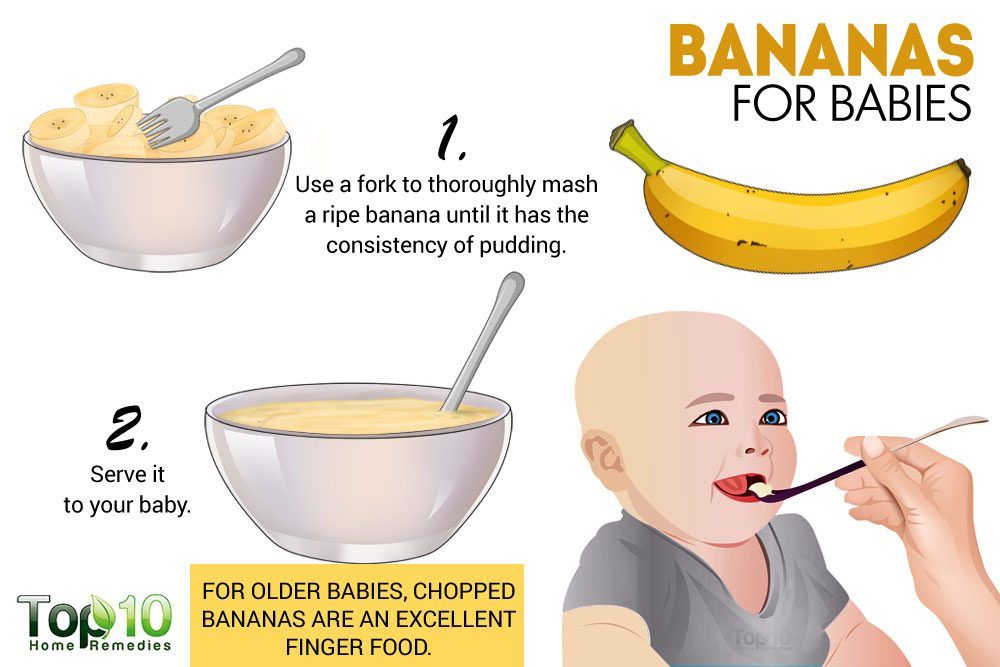 So it’s best not to give dry fruits and nuts. However, you can give them in powdered form – add the powder to his milk and porridges when he is sick.
So it’s best not to give dry fruits and nuts. However, you can give them in powdered form – add the powder to his milk and porridges when he is sick.
3. Spicy and Oily Foods
Spicy or oily food can irritate the throat and worsen your child’s cough and cold. Thus, it is best to not give them to your kiddo.
Tips to Feed a Child Suffering From a Cough and Cold
If your munchkin is unwell, he is bound to get cranky and may fuss while eating. Here are a few things you should keep in mind to make sure he gets the required nourishment:
- Babies aged six months and younger should be breastfed or can be given formula if they have a cold and cough.
- Babies who are 6 months and above should have frequent small meals instead of big meals thrice a day.
- If your baby’s doctor prescribes oral rehydration solution (ORS) to your toddler, be sure to give it to your child as and when required.
- If your baby does not want to eat something, give him what he wants to eat.
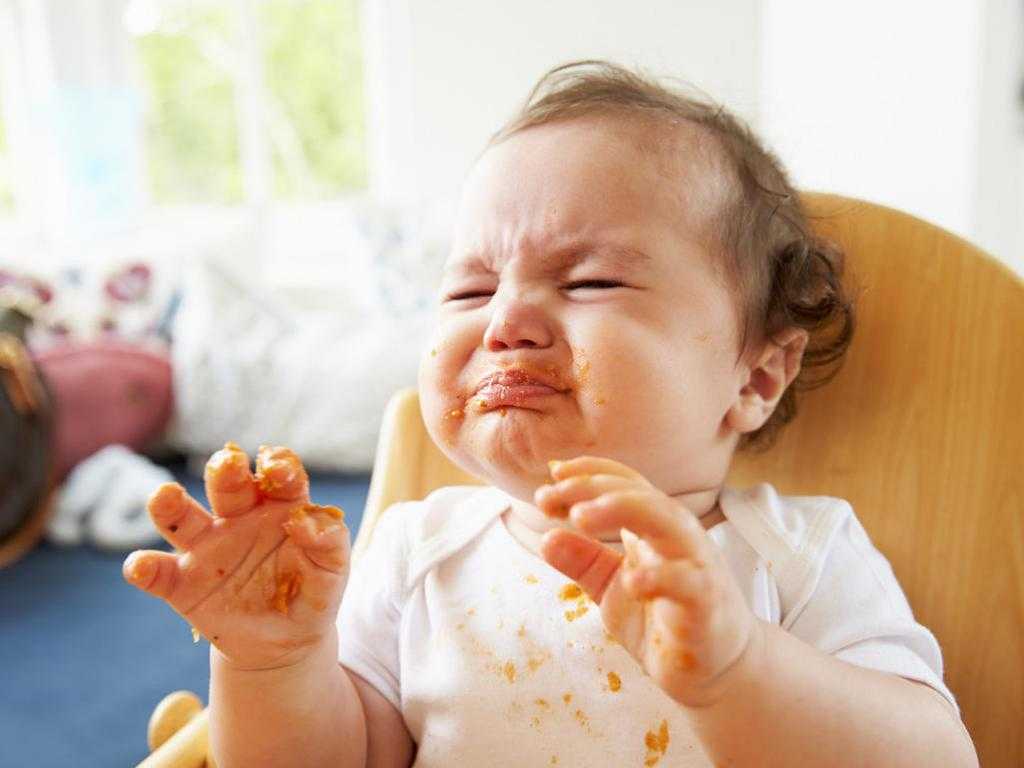 Do not force-feed your sick child.
Do not force-feed your sick child. - If your baby is above six months of age, make sure he stays hydrated. Offer him different types of fluids. These can include water, milk, broth, and fresh fruit juice made with slightly warm water.
These are just some general guidelines you should follow if your child is down with a cold or cough. However, if there are symptoms like wheezing or ear pain, then it is best to consult a doctor immediately as it can be an ear infection or something more serious. Also, do not introduce any new foods when your baby is ill as these can aggravate the symptoms or cause allergies, worsening the matters. Consult your doctor if your child’s condition doesn’t improve over a couple of days. Since dehydration is a possibility because of infections, so keep an eye on your child, note these early signs to ensure you can get your child the help he needs immediately.
Also Read:
Cold and Cough Medicine for Infants and Children
Home Remedies for Children’s Colds and Flu
How to Deal with Dry Cough in Babies
Feeding a Sick Baby – Mummy Cooks
Feeding a Sick Baby – Mummy Cooks Skip to content Back to Advice Siobhan BerryOne of the most frequent questions I get asked is what do I feed my baby when they are unwell.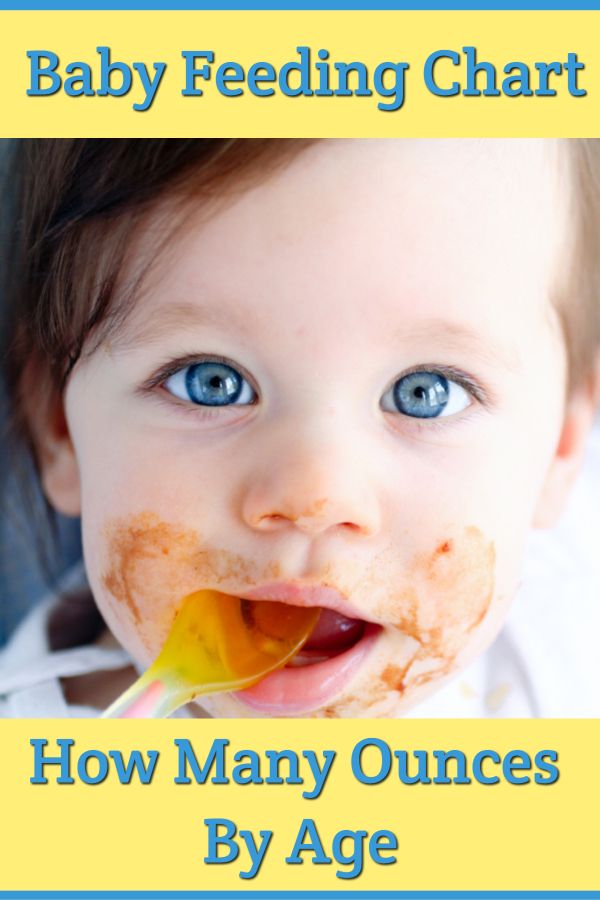 Here I have put together some tips and recipes for when your baby is feeling unwell with a sore throat, a cold, flu, diarrhoea or constipation and simply won't eat. Colds and flu are very common with the change of seasons. Sometimes after doing everything we possibly can, our babies can still pick up a sore throat or a bug. It can be tricky feeding your baby when they are sick as they may have lost their taste for food, and nothing appeals to them. It is important to give foods rich in vitamins and liquids which will help shorten the sickness and increase hydration levels.
Here I have put together some tips and recipes for when your baby is feeling unwell with a sore throat, a cold, flu, diarrhoea or constipation and simply won't eat. Colds and flu are very common with the change of seasons. Sometimes after doing everything we possibly can, our babies can still pick up a sore throat or a bug. It can be tricky feeding your baby when they are sick as they may have lost their taste for food, and nothing appeals to them. It is important to give foods rich in vitamins and liquids which will help shorten the sickness and increase hydration levels.
I have also included some tips on how to get back on track as soon as baby is feeling better.
Here are some tips on when your baby is sick:
- That horrible feeling of a stingy sore throat can cause your baby to become so under par. Vitamin C and Vitamin B-6 are important for boosting the immune system so stick to fruits and vegetables.
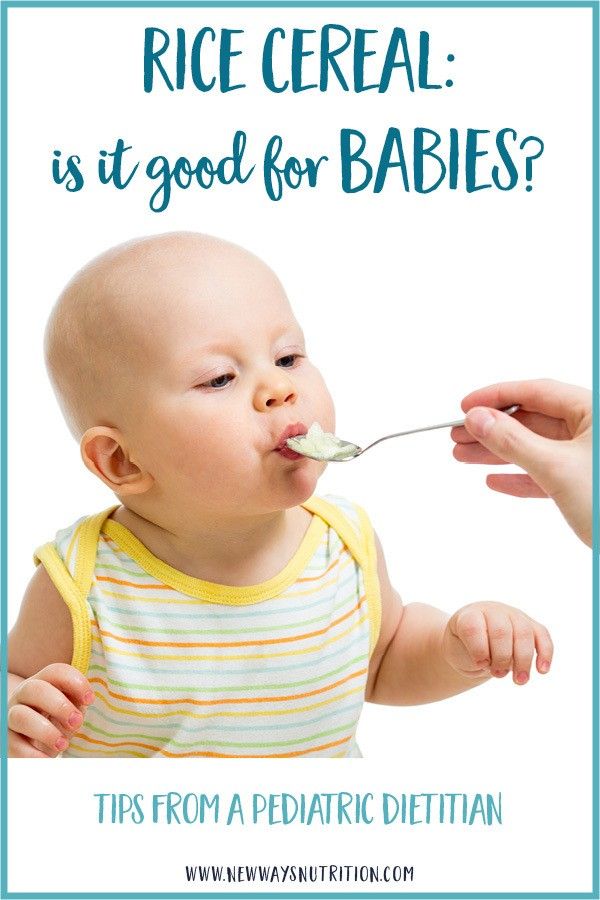 Did you know that ginger is considered a folk medicine? This is a great one for fighting off bugs and infections.
Did you know that ginger is considered a folk medicine? This is a great one for fighting off bugs and infections. - Colds are difficult to avoid as there are so many strains. It is so important to be feeding your baby lots of fruits and vegetables high in Vitamin C and antioxidants. They are invaluable for protecting the immune system. Remember with a cold you can have a stuffy nose, a cough and even headaches. Your baby will have a lower sense of smell and taste so they might not be so enthusiastic about food.
- The flu is one that nobody wants to have, young or old. Having a high temperature, aches and pains and even queasiness are all symptoms of the flu. Stick to lots of fluids to prevent dehydration and mainly bland foods that have less texture and are not very spicy.
- Fluids are so necessary when your baby has diarrhoea as they can become quite dehydrated. It is best to stick to binding foods that are not as runny - like plain pasta, rice or banana. Try to stay away from sweet ingredients too as sugar can worsen diarrhoea.
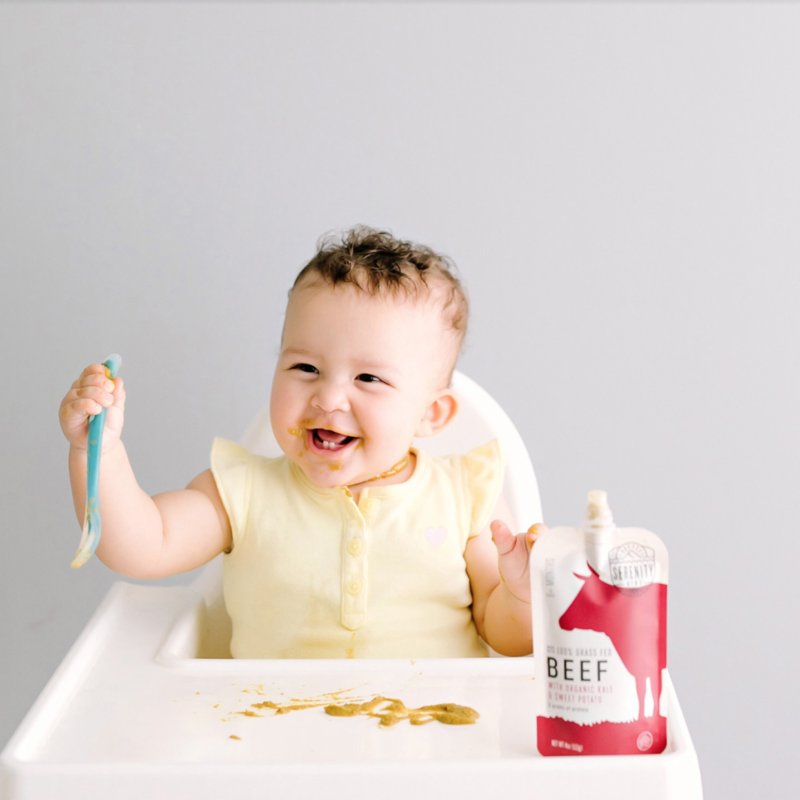
- Fruits and vegetables such as prunes, apples, oranges, celery and carrots are good high fibre foods to have when your baby is constipated. Water is key too for keeping your baby's stools regular.
Try some of these recipes when your baby is sick or not eating:
- Peach Purée with Ginger and Basil. That fresh, zingy flavour will give that added kick when your baby's sense of taste is reduced.
- Vegetable and Lentil Purée. This is packed full of nutritious vegetables and the winner for colds, garlic.
- Hearty Homemade Chicken Soup. This is just the perfect pick-me-up when your baby is sick with a cough or cold.
- Polenta Chips. They are good to try as they are soft and not as jam packed with flavour as other recipes.
- Boiled Egg and Avocado Toast. This is quite plain and gives binding substance.
- Apple, Cinnamon and Prune Purée. This is great for getting more fibre.
There's nothing worse than feeling under the weather so wrap your little one up well in the cold weather and up their intake of fresh fruits and vegetables to boost the immune system.

Tips on getting baby back on track when they are feeling a little better
When your baby is sick you would literally give them anything they would eat so that they keep hydrated and gain energy back. This is all fine but it’s important to get back to your baby’s routine as soon as possible. Here are a few tips on how to achieve this.
- Start off by offering your child their favourite meal. They are only building their appetite back up so don’t be worried if they do not eat it all.
- If your child struggles with finger food then hold off until they are back to normal before offering.
- Continue to offer purées that are high in Vitamin C as this will help the body recover.
- Take each day as it comes and continue to offer foods at each meal. Try not to offer alternatives if your baby does not accept the foods. Remember this may go on for a few days and by offering alternatives you will only prolong the delay in getting back onto normal foods.
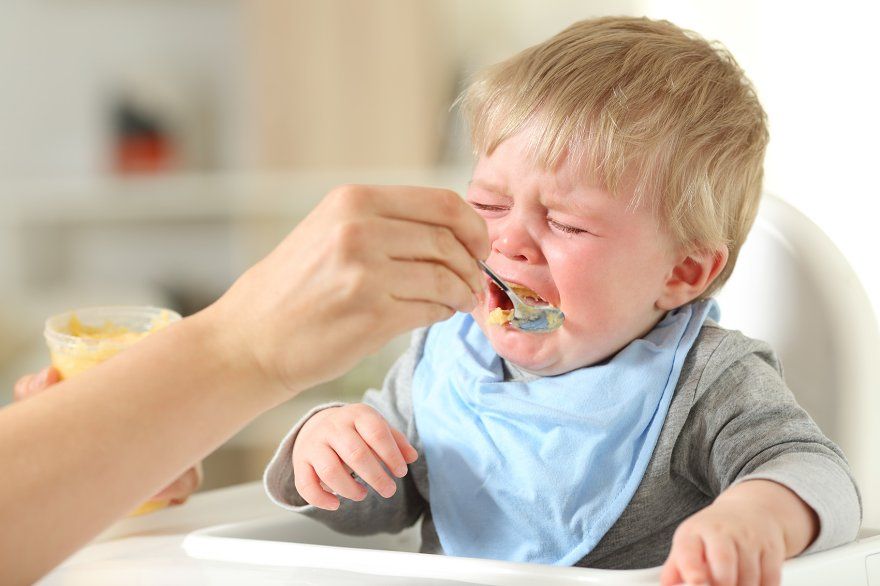
- At all times make sure your baby is getting enough liquid, after that it might just take a few days for them to get their appetite back.
Latest Recipes & Advice
1 / of 4
You may ALso Like
Check out our best sellers...
1 / of 10
Nutrition for children with colds and flu. How much to drink for a child with a cold
"How to help a child with a cold? How to make him eat at least a bite?" mothers are worried.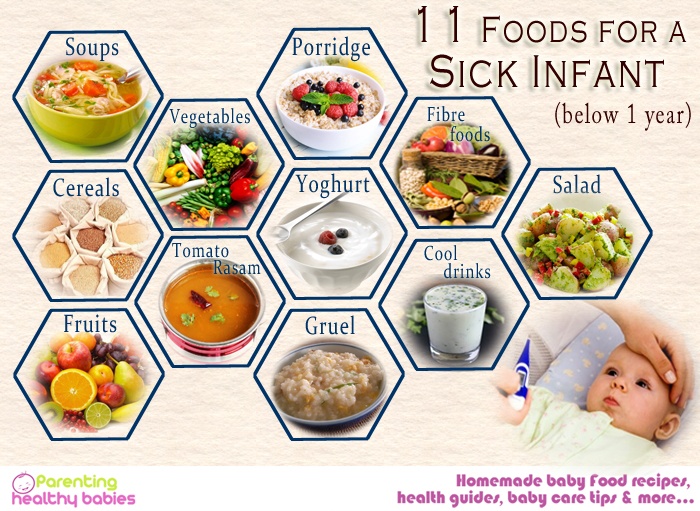 No need to force! The fact that a sick child loses his appetite is quite natural and understandable. After all, he moves less, does not walk, and therefore he needs less nutrients. Sore throats make it difficult to swallow, and eating may cause nausea or even vomiting. In addition, the body mobilizes all the forces to fight the infection, not wanting to spend them now on digesting food.
No need to force! The fact that a sick child loses his appetite is quite natural and understandable. After all, he moves less, does not walk, and therefore he needs less nutrients. Sore throats make it difficult to swallow, and eating may cause nausea or even vomiting. In addition, the body mobilizes all the forces to fight the infection, not wanting to spend them now on digesting food.
Try to trust your child more and listen to his needs. Don't want to eat? Don't insist. Believe me, a day or two or a little more will pass, and the appetite will return to the recovering child.
In the meantime, just offer him more liquid, because at a high temperature, heat transfer increases, and the liquid evaporates more actively from the surface of the body. Taking warm liquid reduces intoxication of the body, relieves sore throat and helps to thin viscous sputum. Even if the baby is breastfed and does not receive anything other than your milk, now he needs additional fluid intake.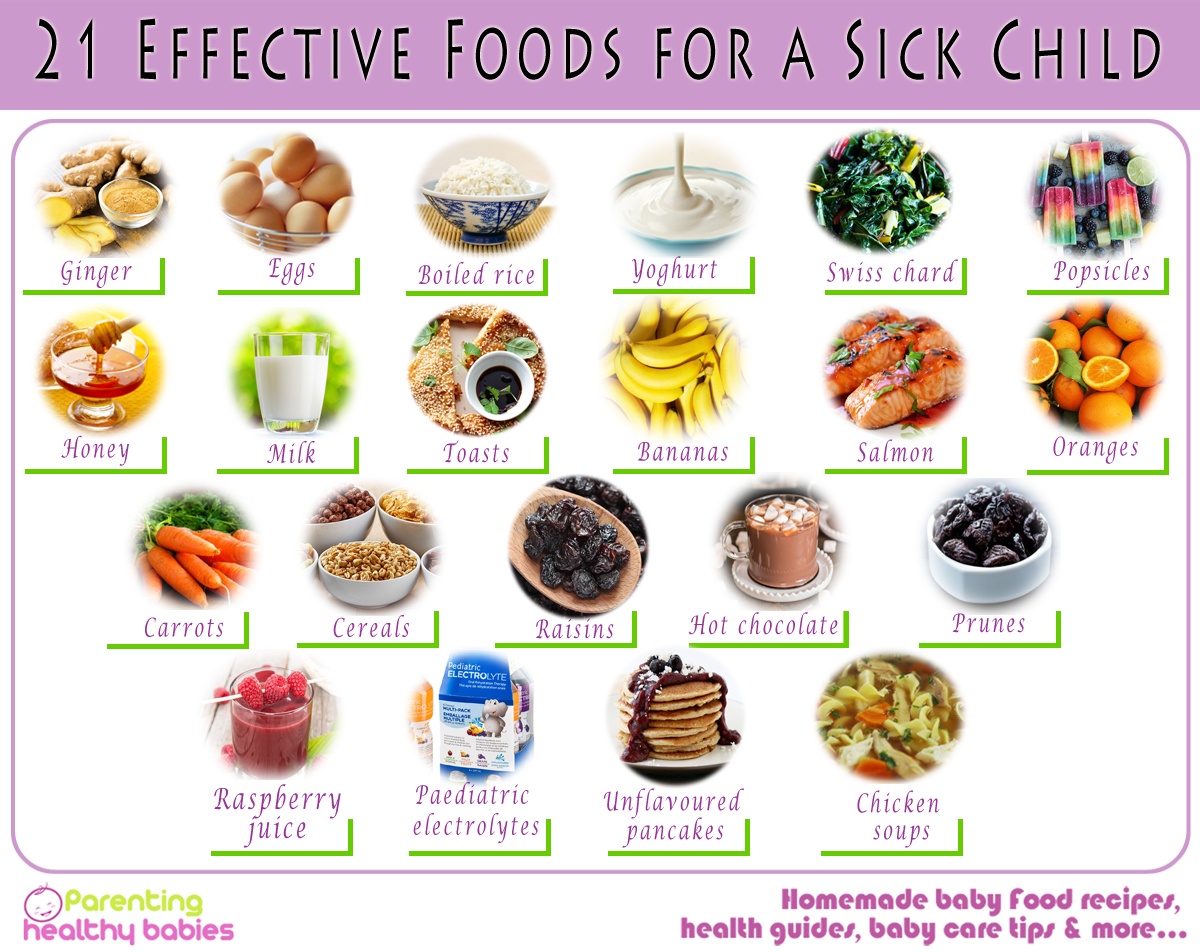 Offer him warm water from a spoon every hour or two.
Offer him warm water from a spoon every hour or two.
For an older child, let's drink exactly what the child asks for and drinks best. It can be tea with lemon or raspberries, a decoction of rose hips, chamomile, thyme, fruit drinks from cranberries, currants, lingonberries, plain water, milk.
And if the baby does not refuse to eat when he has a cold, what is the best way to feed him?
It is better not to give the child solid food, as this may aggravate the pain in the throat. It is worth giving up crumbling food - crackers, cookies. If the baby coughs while eating them, the crumbs can get into the respiratory tract. Food should be liquid or semi-liquid, it can be in the form of mashed potatoes.
Check out purees that your baby will love.
Prefer vegetable and dairy foods. Vegetables and fruits are rich in vitamins and minerals that speed up the recovery of the baby. Therefore, feel free to give your child those vegetables and fruits that he loves.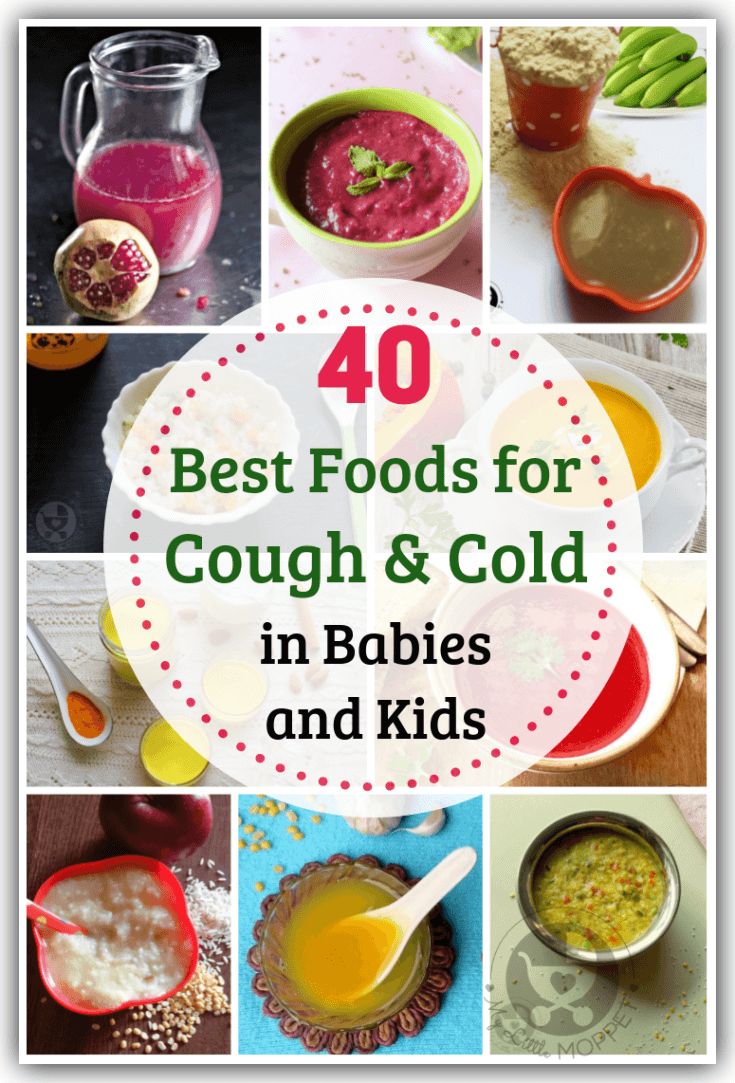 They can be fresh, boiled, steamed or baked. Dairy products will also work. They are nutritious and easy to digest. If the disease proceeds with complications, and the child receives antibiotics that do not have the best effect on the intestinal microflora, fermented milk products will help the intestines.
They can be fresh, boiled, steamed or baked. Dairy products will also work. They are nutritious and easy to digest. If the disease proceeds with complications, and the child receives antibiotics that do not have the best effect on the intestinal microflora, fermented milk products will help the intestines.
If a child completely refuses complementary foods during the period of illness and agrees to eat only breast milk or formula, treat this with understanding. As the child recovers, he will return to complementary foods. By the way, introducing complementary foods after an illness is not worth it all at once, but gradually, but the intervals for introducing various products are much shorter than when introducing a baby to complementary foods.
Foods such as onions and garlic have a positive effect on the immune system. If your child is too young to eat these foods but is breastfed, use these foods yourself. Just make sure that the baby does not refuse the breast after eating these products, they change the taste of milk somewhat.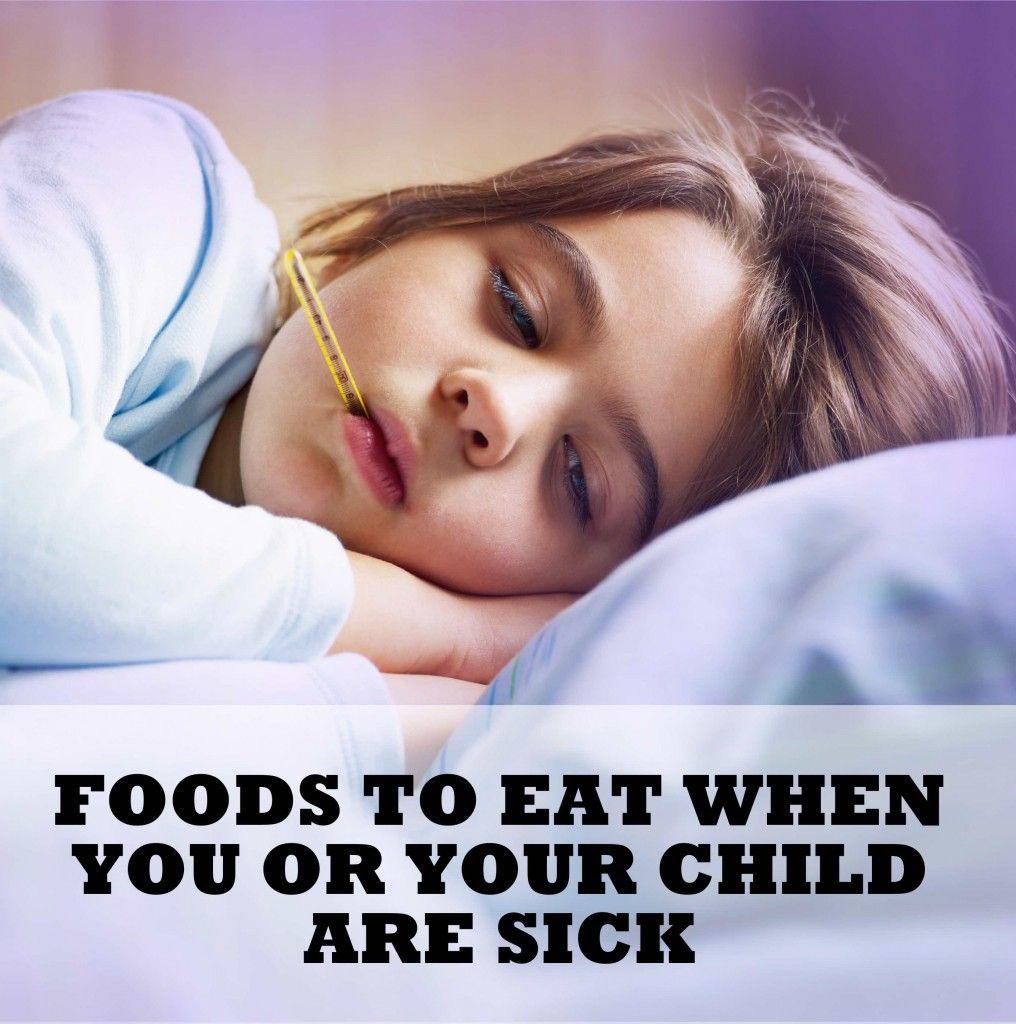
Honey has a good anti-inflammatory effect. It reduces cough, has antispastic, anti-inflammatory and soothing effects. However, you must be sure of its quality. And, of course, honey is not suitable for a child under 2 years old and an allergic child.
Foods such as meat, fish, poultry, butter, cream are not digested very well at high temperatures. Therefore, in the acute period of the disease, it is better to refuse them.
Important!
If the temperature has dropped, the child feels better, he may feel hungry. Feed him, even if it goes against the regime. Asked to eat at night? Feed!
Appetite is often the first sign of recovery. Believe me, a child on the mend will delight you with an excellent appetite. Very little time will pass, and this transparent kid who has lost weight in an instant will again become a strong healthy man!
Feeding a sick child
Publication date: 12/15/2016 08:22
April 22nd, 2016 Olga.
While the child grows up, he will be ill with various diseases more than once. About 80% is accounted for by SARS. Any disease (we are now talking about the flu, SARS) is characterized by poor health of the child - malaise, cough, runny nose, weakness, and maybe intestinal upset. And all this affects the appetite of the child. If a child has caught a cold, mothers always ask themselves the question: how to feed him properly? Proper nutrition of a sick child will help to quickly cope with the disease.
During an illness, the baby always has a poor appetite. There are physiological reasons for this:
- at elevated temperatures, blood circulation in the stomach slows down. because the body sends blood to vital organs: the heart and lungs. The process of digestion and assimilation of food slows down and the child needs less food than usual;
- during an illness, the liver actively fights toxins, the products of the vital activity of viruses and the decay of damaged cells, so a large amount of food carries an additional burden;
- the toxins themselves poison the body and the child, when he feels bad, not at all before eating;
- blocked nose, sore throat, difficult to swallow.
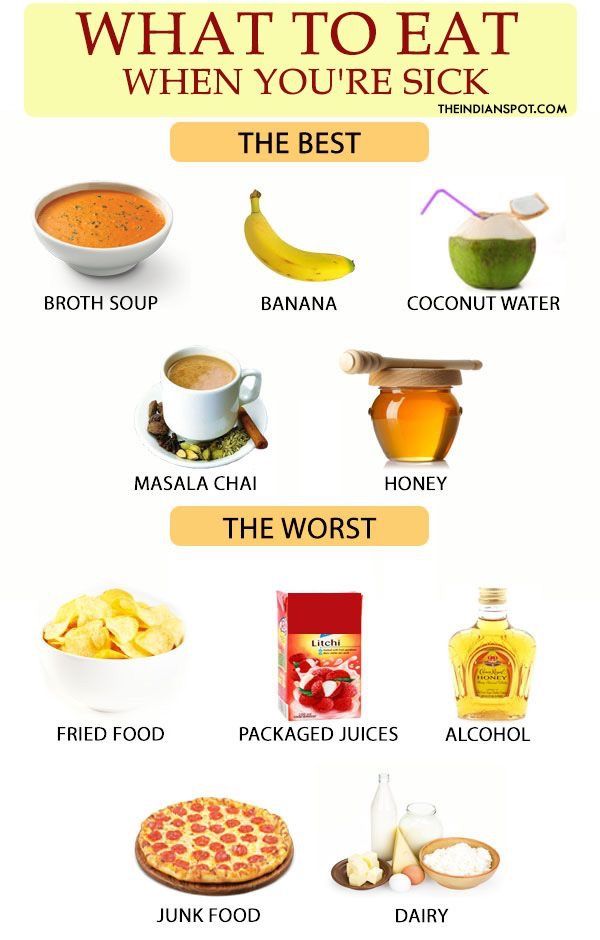
- Nutrition should be appropriate for the child's age;
- during illness, do not introduce new foods into the diet;
- food should be sparing - liquid or semi-liquid;
- make small meals if the baby does not want to eat, and the number of feedings can be increased;
- if the child refuses to eat, let him drink more fluids (water, compote, fruit drink, rosehip broth).
From the diet during illness should be excluded:
- Indigestible foods - fatty meat, whole grain cereals, fresh vegetables and fruits.
- Foods harmful to the liver - fatty dairy products, chocolate, vegetable oil, lard, confectionery.
- Coarse, which can damage the mucous membrane - nuts, seeds, crackers, cookies.
Useful menu
During an illness, a child needs food that is well absorbed by a weakened body. Therefore, chicken broth, vegetable soups, stewed and boiled vegetables are perfect for feeding a child during SARS.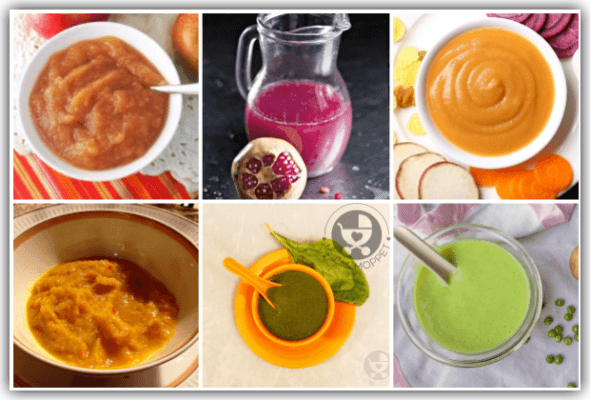
To avoid mechanical irritation of the stomach, choose foods that are low in fiber. What foods are low in fiber? These are potatoes, cauliflower, pumpkin, rice and semolina, animal products.
Potatoes are especially delicate in fiber, so include mashed potatoes in your menu more often. You can cook mashed potatoes with sausage, cheese. Beautifully decorate the dish.
Animal protein must be present in the diet of a sick child, since it is a building material for protective antibodies. They are rich in lean meat - veal, beef, lean pork. For soups, use secondary broths from turkey meat, rabbit, chicken breast.
What else can you feed a child during illness? Yogurt helps out well, especially homemade, with the addition of berries.
Cook porridge for the child: semolina, oatmeal, you can also add berries from jam or defrosted.
A sick child needs vitamins. You can make vitamin drinks from rose hips, berries, cook jelly, dried fruit compote, berry juice.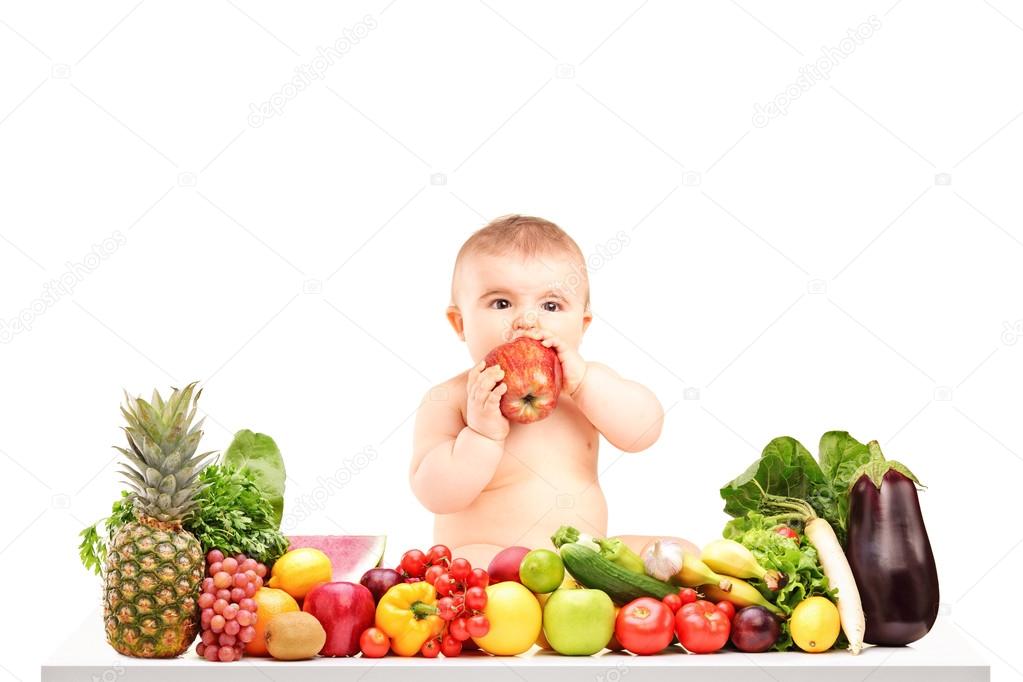 . Such drinks will alleviate the condition of the baby if the throat hurts. But with indigestion, milk should not be given at all.
. Such drinks will alleviate the condition of the baby if the throat hurts. But with indigestion, milk should not be given at all.
To increase the appetite of the dish, it is desirable to arrange it beautifully so that the child immediately has a desire to eat it.
Nutrition for a convalescent child
After an acute period of illness, the recovery period begins when the baby is on the mend and nutrition during this period plays an important role. The food of a recovering baby should be rich in energy in order to restore strength, contain minerals and vitamins, the food should be well absorbed.
As soon as the symptoms of the disease subside, do not rush to pounce on a child with enhanced nutrition, it will take a few more days to restore digestion. Continue to follow the diet, adding lean meat and fish, cheese, eggs, boiled vegetables and fruits to it.
Ideal for casseroles, puddings, steamed cutlets, vegetable soups. Introduce fruits and vegetables into the diet and do not forget about sour-milk products that will help restore the disturbed intestinal microflora.